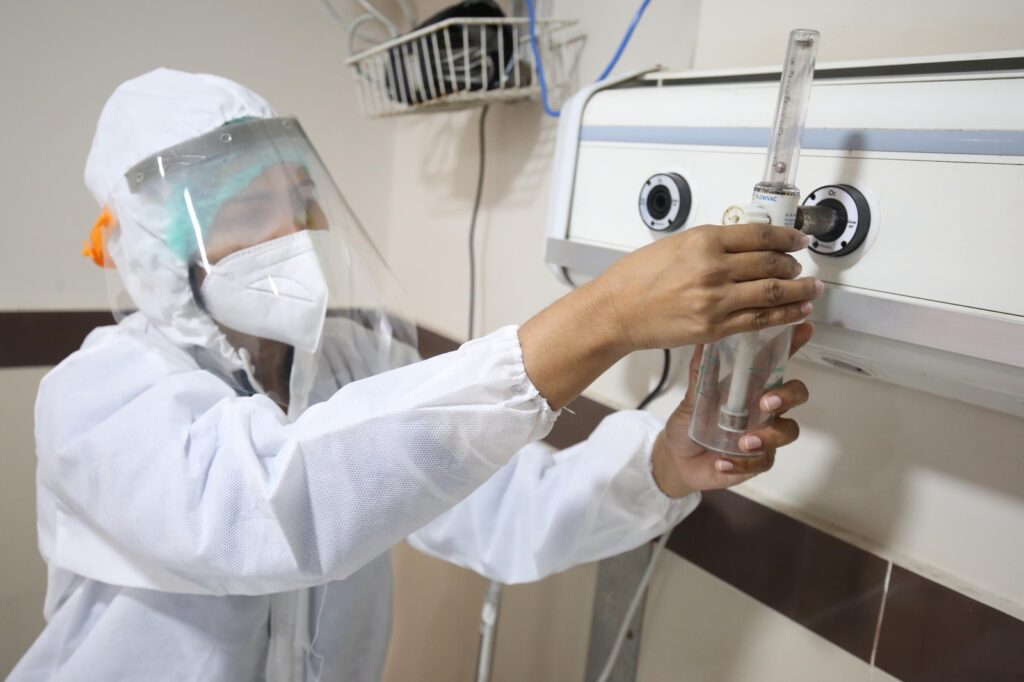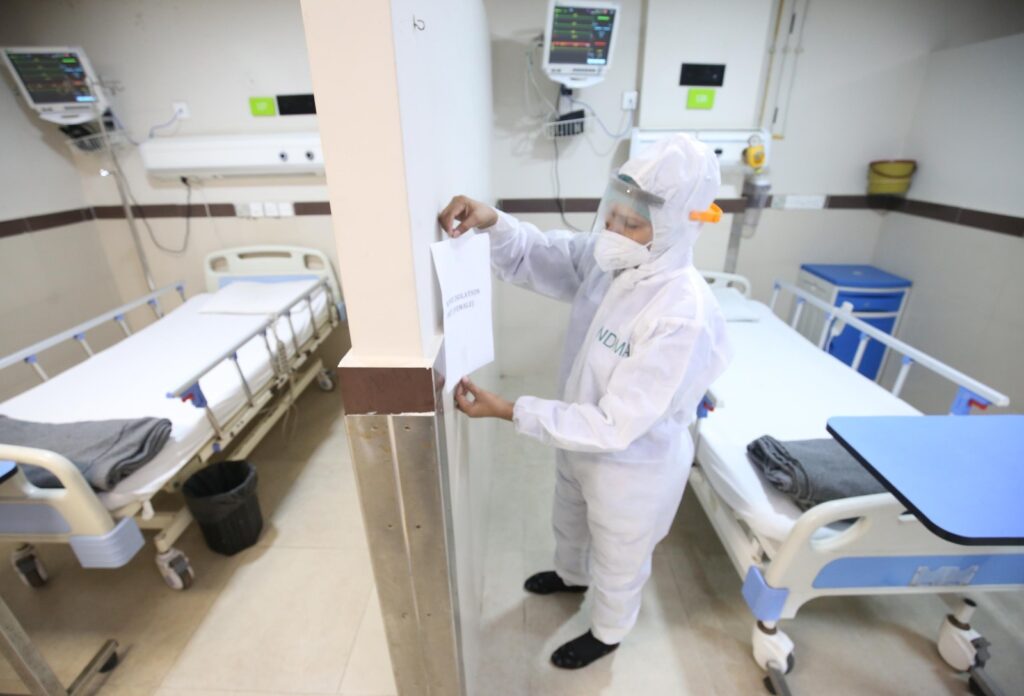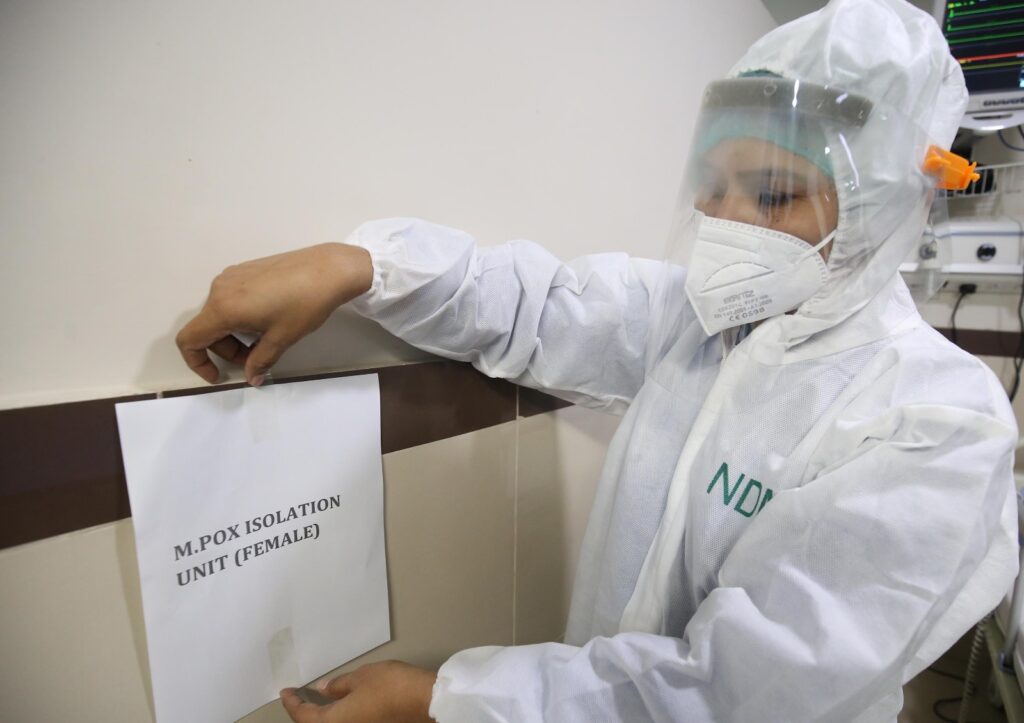Necessary for everyone to Understand how to
protect yourself from this viral disease through
proper care and vaccination
Dr Zeeshan Qaiser

Mpox (Monkeypox) is a viral disease caused by the monkeypox virus, a member of the Orthopoxvirus family. The disease manifests primarily with a skin rash or mucosal lesions, accompanied by fever, headache, muscle aches, back pain, low energy, and swollen lymph nodes. The virus has two distinct clades: Clade I and Clade II. A global outbreak in 2022-2023 was driven by Clade IIb.

Symptoms of Mpox
Mpox symptoms typically appear within 7 days but can take up to 21 days after exposure. The illness usually lasts 2 to 4 weeks and includes:
- Rash: A rash that progresses from flat lesions to fluid-filled blisters, then scabs.
- Fever: Often the first symptom, along with muscle aches and sore throat.
- Swollen Lymph Nodes: A classic sign of mpox.
- Painful Swelling: Some individuals may experience swelling in the rectum or difficulty urinating.
The rash can appear on various parts of the body, including the face, palms, soles, and genital areas. Some individuals may develop severe complications, including bacterial skin infections, pneumonia, or encephalitis, especially those with weakened immune systems.

Transmission of Mpox
Mpox spreads through direct contact with infectious skin lesions or bodily fluids. This can occur through:
- Person-to-Person Contact: Including touch, kissing, or sexual contact.
- Animal-to-Human Transmission: Through bites, scratches, or handling infected animals.
- Contaminated Materials: Such as bedding, clothing, or medical instruments.
The virus can also be transmitted from a pregnant person to their unborn child. Those with multiple sexual partners or engaging in sex work are at higher risk.

Diagnosis and Treatment
Diagnosing mpox involves testing skin lesion material through PCR (polymerase chain reaction) to detect viral DNA. Differential diagnosis is crucial to distinguish mpox from other infections like chickenpox, measles, and sexually transmitted infections (STIs). Blood tests are generally not recommended.
Treatment focuses on managing symptoms, particularly the rash, and preventing complications. Early and supportive care is essential. Vaccines developed for smallpox, approved for use in some countries, can be effective against mpox. Vaccination is recommended within 4 days of exposure and is particularly advised for high-risk groups, including healthcare workers, men who have sex with men, and individuals with multiple sexual partners.
Prevention of Mpox
Preventing mpox involves avoiding physical contact with infected individuals or animals and contaminated materials. Vaccination can also reduce the risk of infection, especially during outbreaks.






















